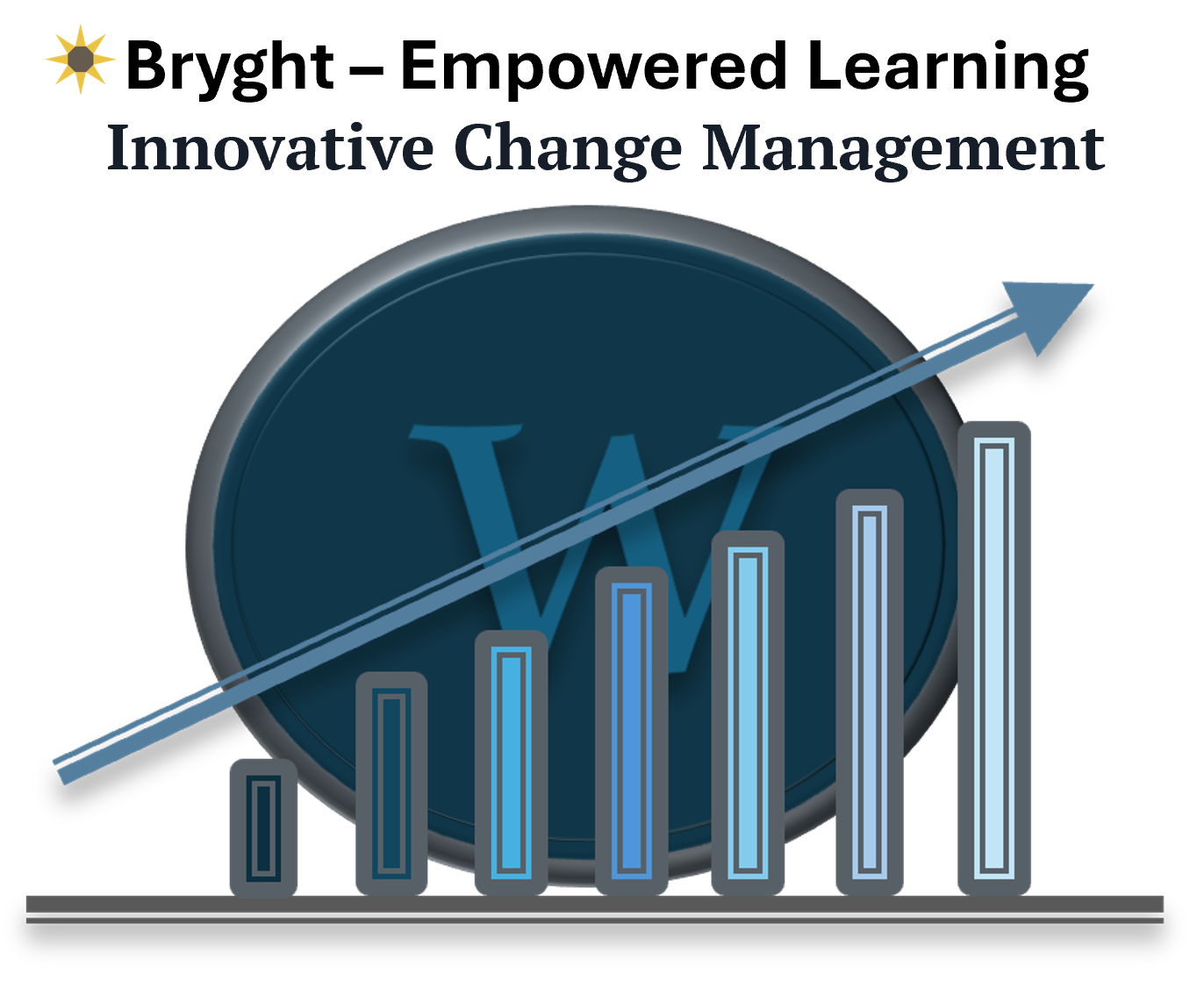
The Hidden Cost of Judgment in the Workplace: How It Lowers Productivity and Drives Talent Away
Mar 08, 2025Judgment in the workplace is more than just a minor annoyance—it’s a silent killer of morale, productivity, and retention. When employees feel unfairly judged, their confidence takes a hit, their motivation drops, and, eventually, they look for opportunities elsewhere. The worst part? Many leaders don’t even realize it’s happening.
Let’s break down how judgment creates a toxic cycle and, more importantly, how to fix it.
The Impact of Workplace Judgment
- Underappreciation and Low Morale
When employees feel judged—whether for their work style, communication, or even personal background—it often leads to underappreciation. Instead of recognizing strengths, judgment shifts the focus to perceived flaws. Employees who don’t feel valued will disengage, doing only what’s necessary instead of going above and beyond.
- Decreased Productivity
A culture of judgment breeds hesitation and fear of mistakes. Employees spend more time second-guessing themselves rather than taking initiative. Creativity and problem-solving suffer because people are more concerned with avoiding criticism than innovating.
- Higher Turnover
No one wants to stay in an environment where they constantly feel scrutinized. When employees sense that their contributions are overlooked or unfairly critiqued, they start looking for workplaces where they’re valued. The cost of replacing skilled employees—both financially and culturally—is a hit most businesses can’t afford.
How to Shift from Judgment to Growth
- Replace Judgment with Curiosity
Instead of assuming the worst about someone’s actions or decisions, ask questions. Try:
“What led you to this approach?” instead of “That’s not how we do things.”
“What support do you need to succeed?” instead of “Why are you struggling with this?”
A shift in language can turn criticism into collaboration.
- Foster a Strengths-Based Culture
Judgment focuses on weaknesses; great leaders focus on strengths. Encourage teams to identify what each person does best and leverage those talents. This not only increases engagement but also builds a culture of mutual appreciation.
- Recognize Effort, Not Just Outcomes
Employees should feel valued not just when they succeed but also when they show resilience and effort. A simple “I see how much effort you put into this, and I appreciate it” can change the way someone views their workplace.
- Create a Safe Space for Feedback
Feedback should feel constructive, not like a personal attack. Train leaders to give feedback in a way that encourages growth rather than defensiveness. A great model to use is:
- What worked well?
- What could be improved?
- What’s the next step?
This keeps the conversation balanced and solution focused.
- Model Psychological Safety
Leaders set the tone. If you want a judgment-free workplace, demonstrate it in your actions. Admit mistakes, encourage diverse perspectives, and create an environment where employees feel safe to speak up without fear of ridicule.
The Bottom Line
Judgment stifles growth, but a culture of understanding, appreciation, and constructive feedback fuels engagement and performance. When employees feel valued, they thrive—and so does your business.
- Ask more questions.
- Focus on strengths.
- Recognize effort.
- Give feedback that builds confidence.
The shift is simple but powerful. Are you creating an environment where people feel empowered or judged? The choice is yours.
Wilhelmina Stӧcker
Founder Bryght - Empowered Learning
www.bryghtel.com
Stay in the Loop!
New blogs, courses, and services delivered to your inbox.
We hate SPAM. We will never sell your information, for any reason.




